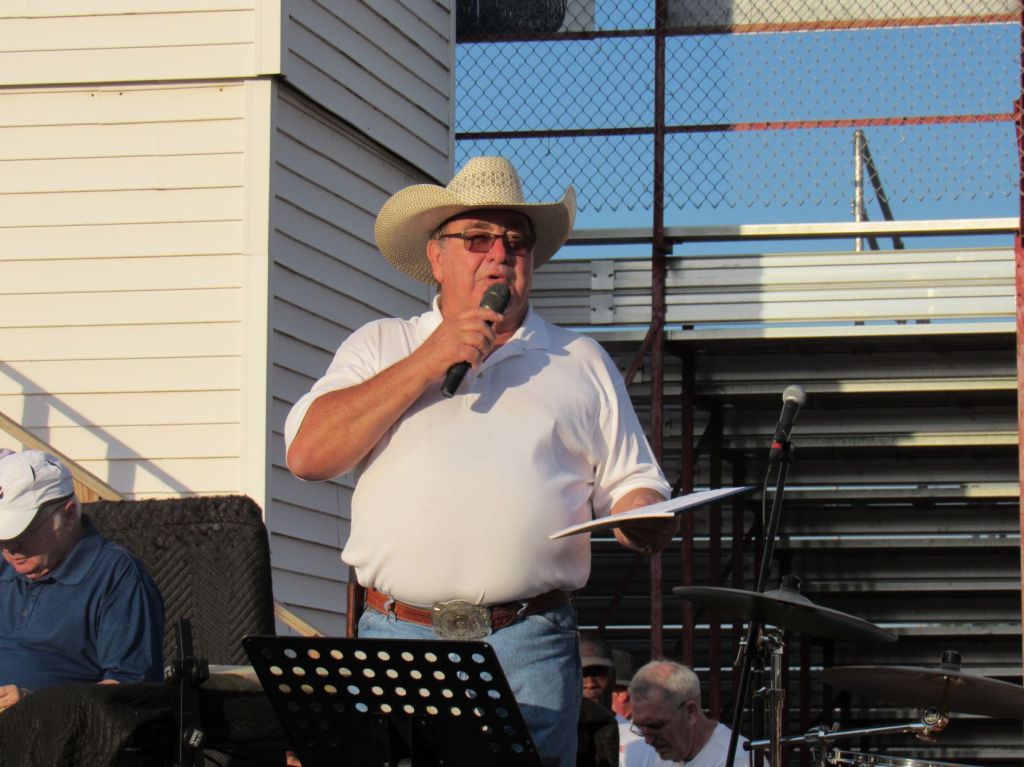Blakely not tested for COVID-19; judge reprimands defense
Published 12:09 pm Saturday, March 7, 2020
In a special hearing this morning in Limestone County Circuit Court, a physician treating Limestone County Sheriff Mike Blakely testified the sheriff was given multiple tests after he visited the emergency room Friday, but none of them were for the new coronavirus.
Jury selection is set to begin Monday in Blakely’s criminal trial. He faces an 11-count indictment that includes theft and ethics charges related to his position as Limestone’s sheriff.
When he arrived in the ER of Athens-Limestone Hospital, Dr. Maria Onoya said he presented with respiratory symptoms that could be caused by the coronavirus. However, coronavirus is a family of viruses, and Onoya explained for the court that the viruses can cause anything from the common cold to coronavirus disease 2019, or COVID-19, the disease that first appeared late last year in Wuhan, China. In Alabama, Onoya said, there are currently no active cases.
She said there was no evidence to suggest Blakely should be tested for COVID-19. Onoya said Athens-Limestone Hospital has protocols for handling those who present with symptoms that might be caused by one of the coronaviruses. She said Blakely was tested for several things, including influenza and walking pneumonia, but those tests came back negative.
Still, she said, it was Blakely’s third trip to the emergency room with similar symptoms, so he was admitted to the hospital Friday and remained Saturday under “close observation.” She did not think he would be discharged Sunday or ready for a trial to begin Monday.
“I do think he needs a couple more days in the hospital,” Onoya said.
When asked by defense attorney Marcus Helstowski if Blakely could handle a three-week trial at all, Onoya couldn’t say for sure. She said the condition of a patient can change daily and other medical factors could prolong recovery.
Recess, not continuance
After the doctor’s testimony, Judge Pride Tompkins called for a 15-minute break. When the judge returned, state prosecutor Clark Morris acknowledged Blakely’s right to be present at his trial but suggested potential jurors be allowed to meet as scheduled.
She said the court could then allow potential jurors to be divided into panels and tell them to return at a later time to complete jury selection. Morris said it would be like a recess in the trial instead of a continuance and would serve as a cost- and resource-saving mechanism.
The defense and Tompkins agreed.
‘Disturbed’ by motion
Before adjourning, Tompkins had harsh words for Blakely’s defense team. He said he was “very disturbed” by defense attorney Robert Tuten’s specific mention of COVID-19 in the motion to continue.
Tompkins called it irresponsible, reckless and unfair to the community. He said there was no evidence to show Blakely had COVID-19, and Tuten could have waited to find out before putting it into the public domain.
“I don’t know what your tactic is, but it’s condemned by the court,” Tompkins said, “and the court won’t tolerate it.”
When the judge finished, Tuten stood to defend himself, saying the defense team was told Blakely was being tested for the coronavirus but did not understand there was more than one kind.
“There are apparently several different kinds of coronaviruses, but all we had to go on was what we knew at that moment,” he said.
Tuten said the defense thought it was important not to wait until Monday to alert the court of Blakely’s hospitalization and did not mislabel the virus intentionally.
“While we’re talking about this, let me just say I am here under protest and against the medical advice of my surgeon, forced to be here by you,” Tuten said. “We are doing the best we can, judge, but we are not trying to pull a fast one. We’re not trying to mislead anybody.”
Morris said she understands where Tuten is coming from in one respect, but “putting those words in the public domain is what causes the frenzy. We could have had a conference call and discussed this.”



